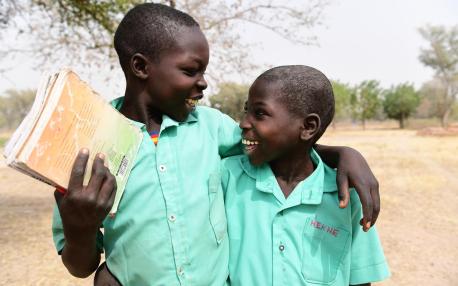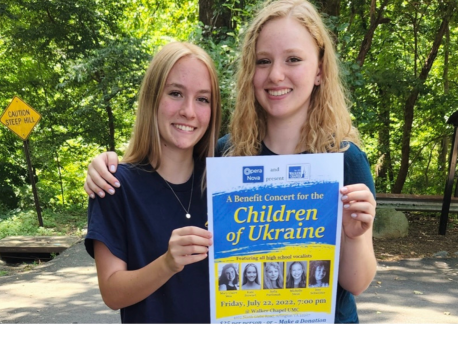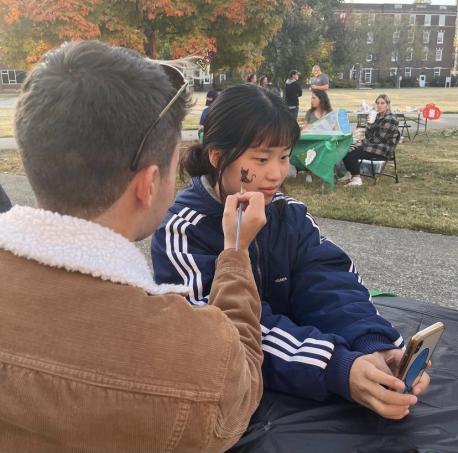
Day of the African Child: a Reflection
As today marks the Day of the African Child, a look back at the anti-apartheid movement in Soweto, South Africa led by young people. Now more than ever, we must listen to our younger generations as they boldly lead mass movements for racial justice, climate action, an end to school shootings and much more.
“To honor the youth who gave their lives in the struggle for freedom and democracy.”
(As etched into the Hector Pieterson museum in Soweto.)
The Day of the African Child is celebrated in recognition of June 16, 1976, when thousands of Black school children in Soweto, South Africa, took to the streets to protest the inferior quality of their education and to demand their right to be taught in their own language. Over the course of that day and the two weeks of protest that followed, 170 children were killed, and more than 1,000 were injured.
One of the first casualties was Hector Pieterson, a 12-year-old schoolboy who was struck when police opened fire on the students.
Journalist Sam Nzima had been photographing the demonstration and captured a devastating image of fellow protestor, Mbuyisa Makhubo, carrying Hector’s lifeless body as his sister, Antoinette, ran alongside them. The photo triggered an international outcry and is credited with galvanizing international support for the anti-apartheid movement.
Hector’s short life is commemorated with a national holiday, a museum and a memorial in South Africa. Events will be held there and in many African countries to celebrate the contributions of youth on the continent. Here in the U.S., we can honor Hector’s life by encouraging America’s children to express their views on matters of importance to them.
Young people bring a perspective and urgency that shakes up our thinking and pushes us to do better.
Young people bring a perspective and urgency that shakes up our thinking and pushes us to do better. They ask smart and sometimes hard questions and hold us accountable for finding answers. They enrich our decision-making and have proven to be our most influential agents of change.
Unfortunately, our research shows that most American children do not feel included in our public discourse and would like to have more opportunities to participate.
Kids receive plenty of opportunities to share their opinions on breakfast cereal flavors and video games, but when are they interviewed in the media about their views on substantive issues or current events? When are they consulted by lawmakers to lend perspective on local, state or federal initiatives? Does our society make a concerted effort to seek out their views and incorporate their ideas? Perhaps a better question is, “Why don’t we?”
We need to do a better job at including young people in our power structures of government, civil society, business, media and nonprofits. As white America awakens to the human impact of centuries of white supremacy and racism, there will be a review of policies, funding decisions and inequalities; young people must be a central part of this process.
Children are making history by leading mass movements for racial justice, climate action and an end to school shootings. They are demonstrating in increasing solidarity, across time zones and borders, standing together as peers. Companies are listening, and making changes to their environmental policies, and schools are increasingly embracing students’ interest in advocacy by making accommodations to the school day so they can participate in events.
Hector would be 56 years old today if he had lived. We will never know what additional contributions he might have made. Let us honor him, and all the world's children by giving them a place at the table. As a mother of three black children, I encourage them to be brave and use their voices to affect social change.
Let us honor him, and all the world’s children by giving them a place at the table.
In solidarity,
Anucha Browne
Chief Engagement, Advocacy, and Global Programs Officer
UNICEF USA

